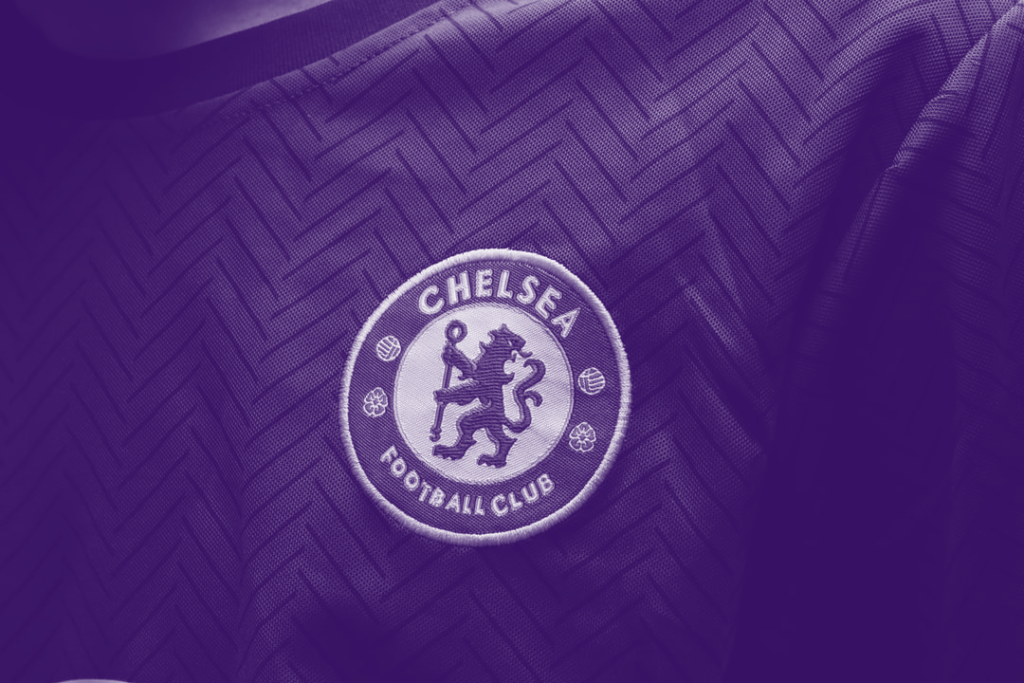
The future of the current World Club and UEFA Champions League Champions has today been placed in jeopardy. The restrictions placed on the club under the licence placed upon it today by the UK Government means that financial transactions are going to be limited, significantly impacting the ability for the club to trade. The licence has been put in place following the sanctioning of the clubs owner Roman Abramovich for his connections with Vladimir Putin.
Permitted cash outflows
The majority of cash outflows will be permitted, including remuneration of players and staff, likely to be the clubs largest continual cash outflow keeping the cash requirement high each month. Ongoing maintenance can continue, as long as it is reasonable but new capital projects and refurbishments must cease for the length of the licence. Travel costs for away games will be capped to £20,000 placing the club’s ability to travel abroad at risk, ultimately meaning the club may not be able to continue to compete in the UEFA Champions League. The club can incur expenses for every home game up to £500,000 per fixture and discharge its obligations under existing player loan and sales arrangements.
Permitted cash inflows
The club can receive cash from existing player loan and sale arrangements and from broadcasting fees but cannot sell any further tickets to fixtures. Although the club may receive these funds, the licence states that they must be frozen. There is no mention of cash inflows in relation to commercial revenue from sponsorship deals in the licence. The club is unable to generate sales from merchandising, albeit third parties can sell existing stock as long as cash is not paid to the club.
If the club cannot utilise the cash inflows generated from player loan and sales arrangements and from broadcasting fees it simply cannot continue to service its ongoing obligations in the form of player and staff salaries and other supply payments. How do we know this?
We need to look into the group financial statements of Fordstam Limited to see the cash flow statement of the group which sits around Chelsea Football Club Limited, the entity which trades as the Chelsea FC. FRS 102, the set of UK accounting standards allows for an entity to apply a reduced disclosure framework for entities that may have been required to disclose cash flow statements under the old UK GAAP framework. As such, we cannot see specifically what happens to Chelsea’s cash using the club financial statements alone.
Although the financial statements are out of date by the time they are published we can see from Fordstam Limited that it relies upon funding from Camberley International Investments Limited (‘CIIL’), a related party, to manage cash requirements throughout the season. The funding is provided via a loan described as proceeds from funding party, likely to be CIIL. Historical financial statements show a requirement for funding well in excess of £100m each year. In some years, funds are repaid, in others repayments are not made. This will all depend on Chelsea’s ability to generate cash in the year which will largely be dependent on the team’s on-pitch success.
Why is funding required if the club is generating cash over the course of a season?
Contrary to popular belief, football clubs tend not to sit on mountains of cash. It would not make any sense to do so since the returns on cash balances would not benefit the club in the slightest due to interest rates being so low. Instead, the club will plan its cash requirements, based on forecasted on-pitch performance for the season and invest cash, mainly in players based on this plan which may span a number of seasons. Any variability in the cash receipts based on the planned performance of the club would require funding.
Under normal circumstances and based on the historical information in the Fordstam Limited group financial statements we can see that shortfalls have been funded by CIIL in the form of an additional loan. With current sanctions in place, this is unlikely to be possible.
We cannot ignore the cash requirements of other legal entities within the Fordstam Limited group, including Chelsea Football Club Women Limited and several other trading companies. Although they will be less significant than Chelsea Football Club Limited’s cash requirements, they are all captured as part of the overall group and therefore will also be affected by the sanctions.
Why is this important at this time of the season?
In the run up to April and to the end of May, as the season draws to an end, cash balances will run low in the club. Reliance will be placed on end of season merit awards being paid towards the end of May to offset the significant cash outflows of player wages which will not reduce unless agreed with the players. In the absence of being able to draw down funding from CIIL or potentially utilise frozen funds from broadcasters or other clubs, Fordstam Limited is going to struggle to make ends meet when it comes to cash management. Since the restrictions will be in place until 31 May 2022 this takes Chelsea to the end of season, which may be too late to see restrictions lifted.
UEFA competitions
If unable to continue to compete in the UEFA Champions League due to restrictions on travel costs, Chelsea will not receive any performance related payments from UEFA beyond those currently receivable. It is unlikely that the club will have planned to be effectively knocked out of the Champions League at the Round of 16 given their previous success in the competition. As such, there is likely to be a cash shortfall against the plan which can be conservatively estimated at approximately £10m per round.
Impact on the sale of the club
Currently, the UK Government has banned the planned sale of the club by Roman Abramovich. Although this is the case, the UK Government has stated that a special licence may be granted, allowing or the sale of the club to complete as long as the proceeds of the sale are not distributed to Roman Abramovich.
Financial Fair Play (‘FFP’) impact
This situation is unprecedented and the club will already have submitted UEFA FFP break even calculations including significant reliefs as a result of the COVID-19 pandemic. Roman Abramovich has stated he will not request for the £1.5bn loan to be repaid. The accounting treatment for writing off loans payable would usually be to take the write off to “other income” in the profit and loss account, meaning that the club could generate a substantial profit as a result of Roman writing off the £1.5bn loan balance. So that means the club will be allowed to spend a huge amount on players assuming it survives this short period of restrictions and is acquired by an individual or group with the desire to spend. This could be Roman’s parting gift to the club and a way of allowing the club to be successful if acquired in time, right? Wrong!
The UEFA FFP regulations calculate break even based on relevant income less relevant expenses a concept which is different and more complex than profit and loss. Unfortunately, the UEFA FFP regulations explicitly state that debt waivers from related parties are not to be included as relevant income. So this means there is very little upside to this situation for the club itself.
What does the future hold for Chelsea? Only time will tell. My assumption is that it will be up to the players to not only save the club with their on pitch performance, but potentially relinquish or defer their wages until the situation is resolved to assist the club financially through an extremely difficult period.
If you want to learn more about our courses, explore what we have on offer and feel free to get in touch to discuss them further. We feel our product is unique. Built on a set of experiences known only to us and we are excited to share it with you. If you enjoyed reading this, check out further journal posts and look out for more to come.
